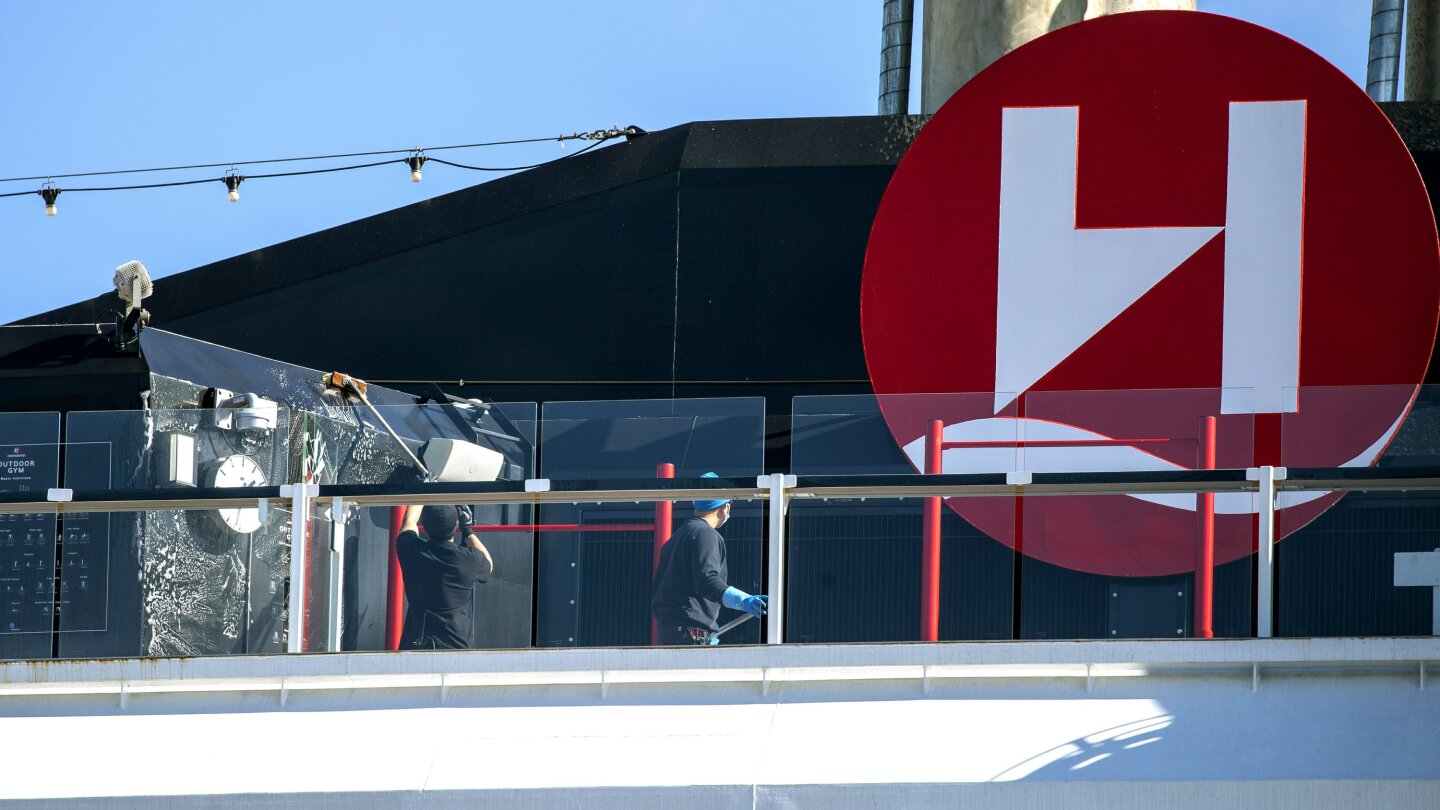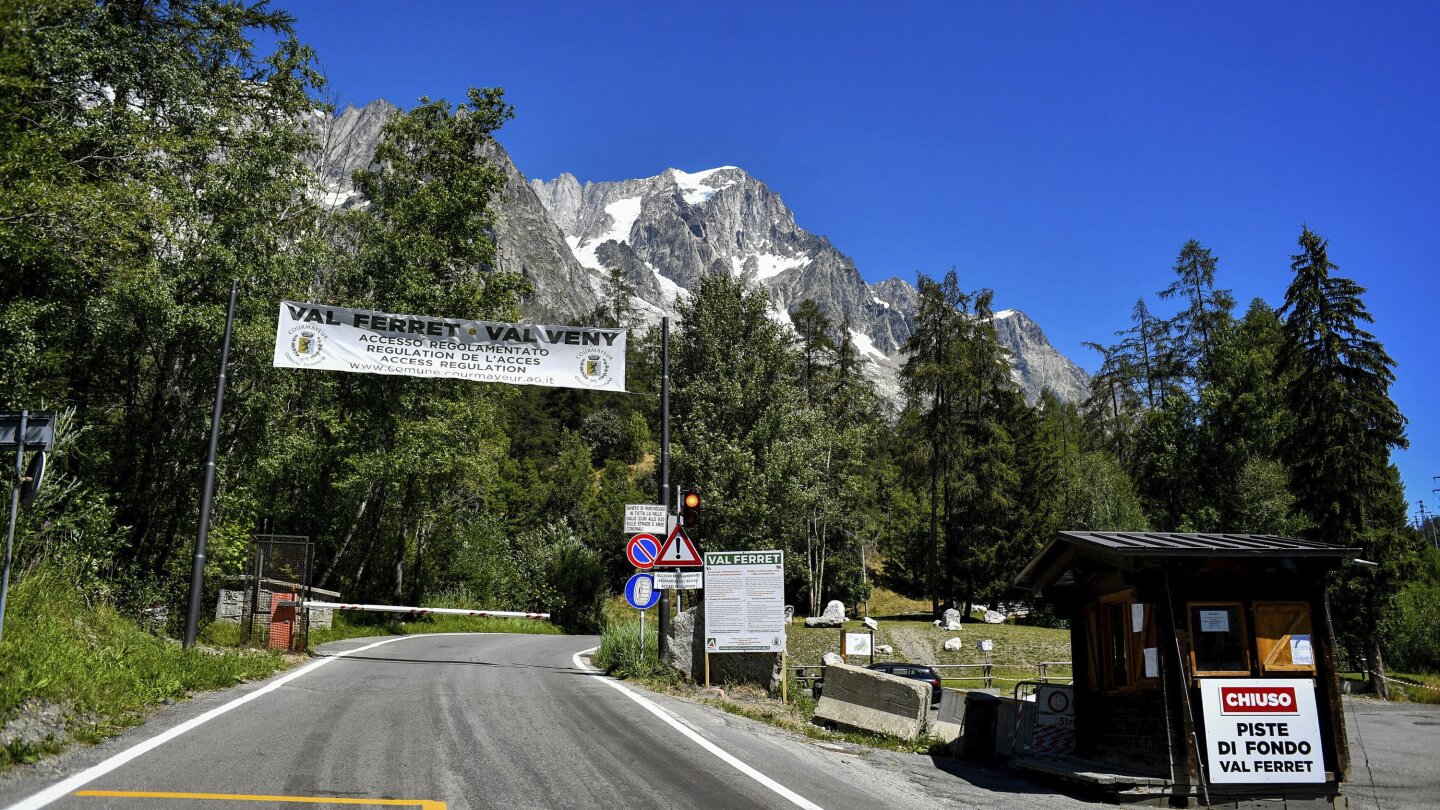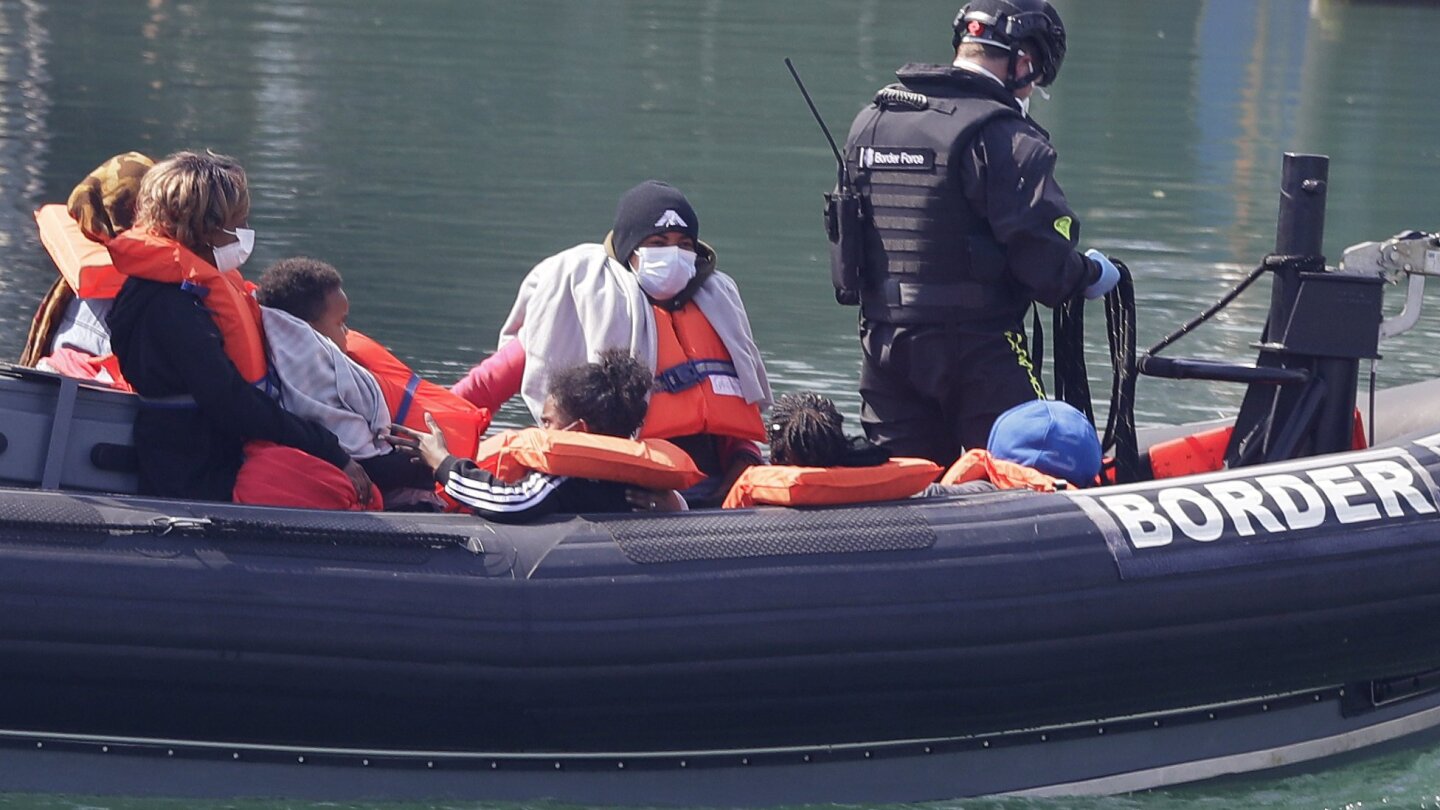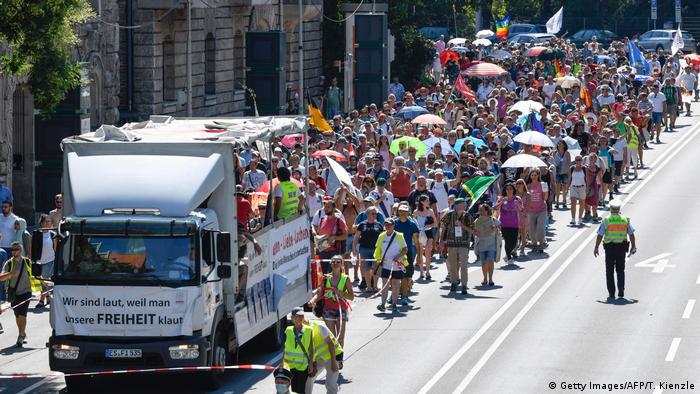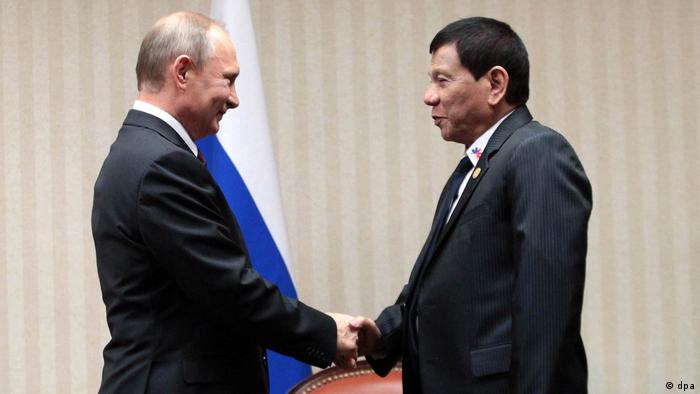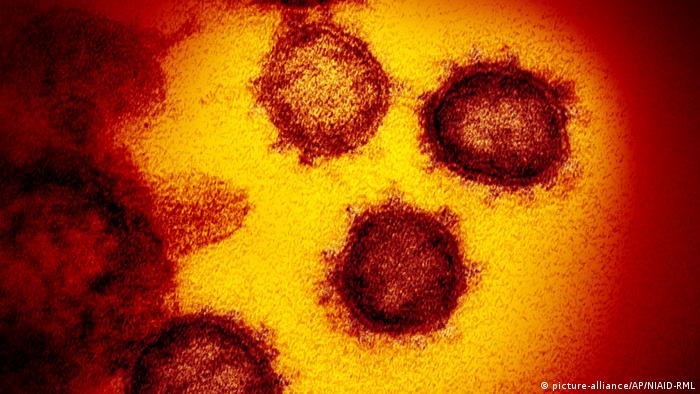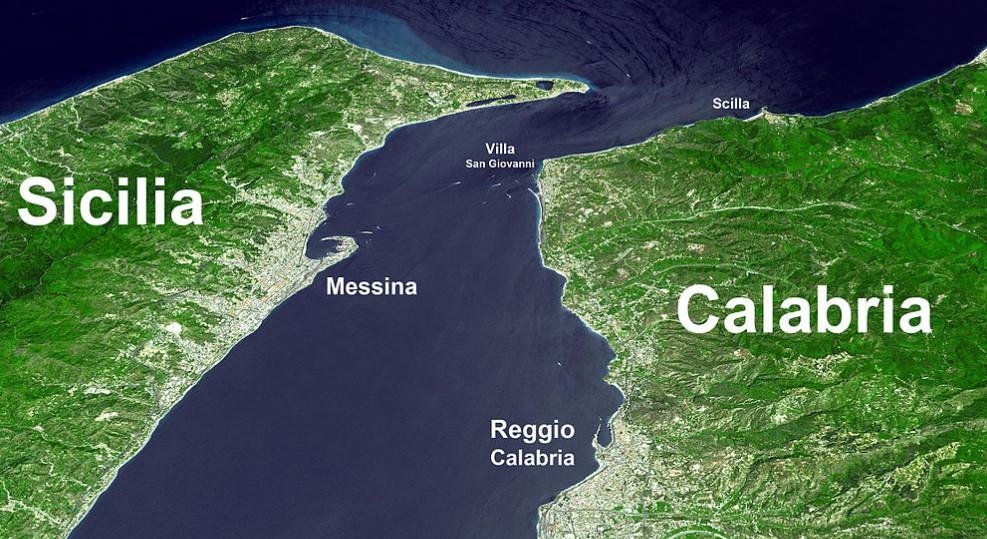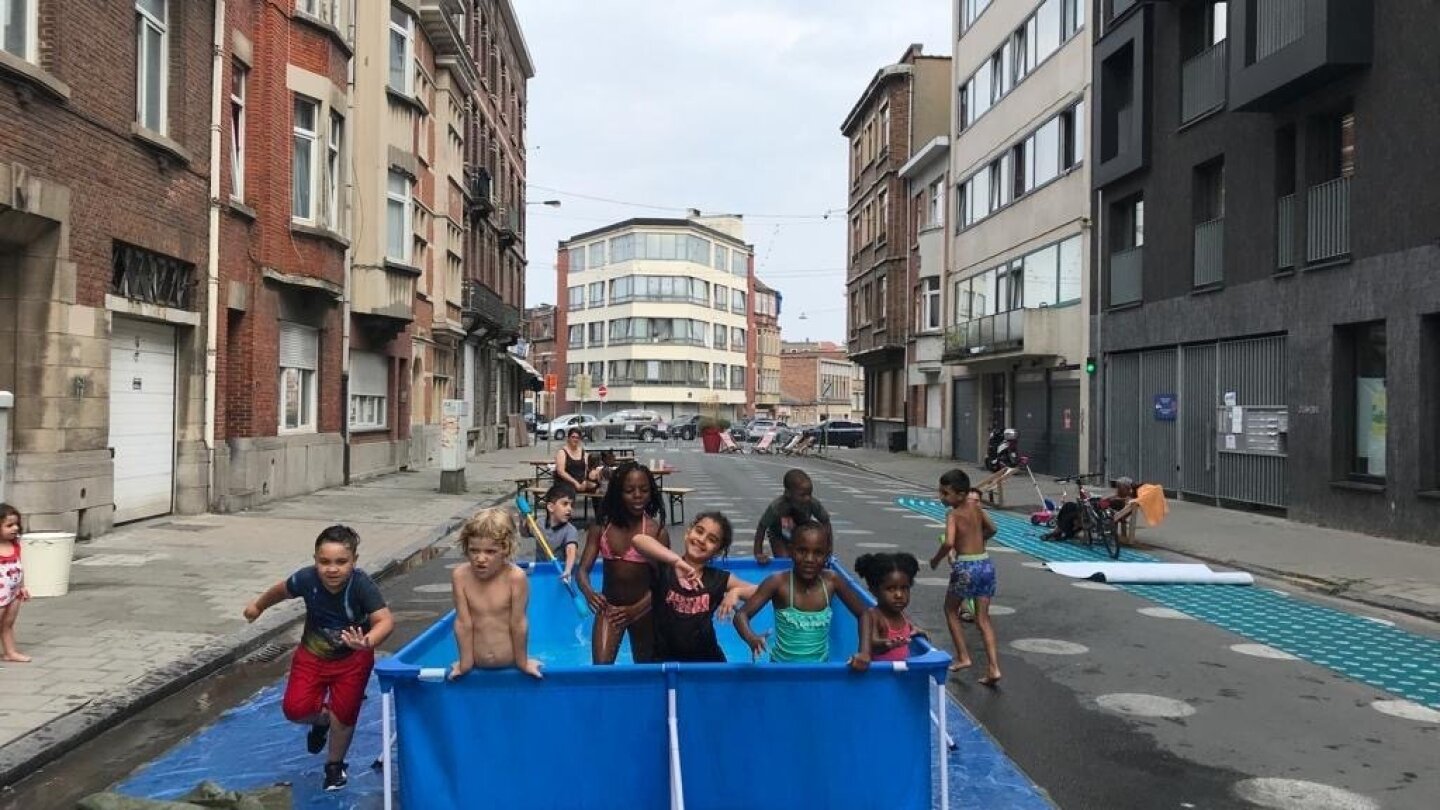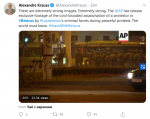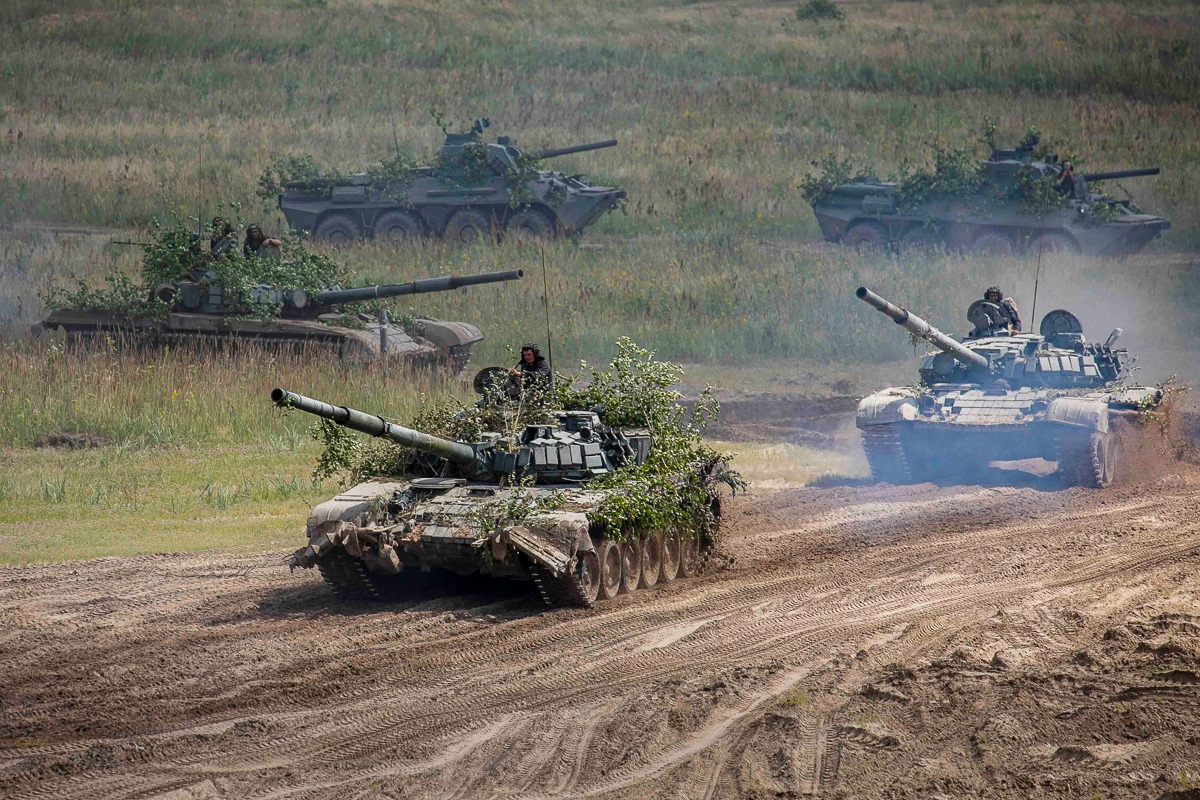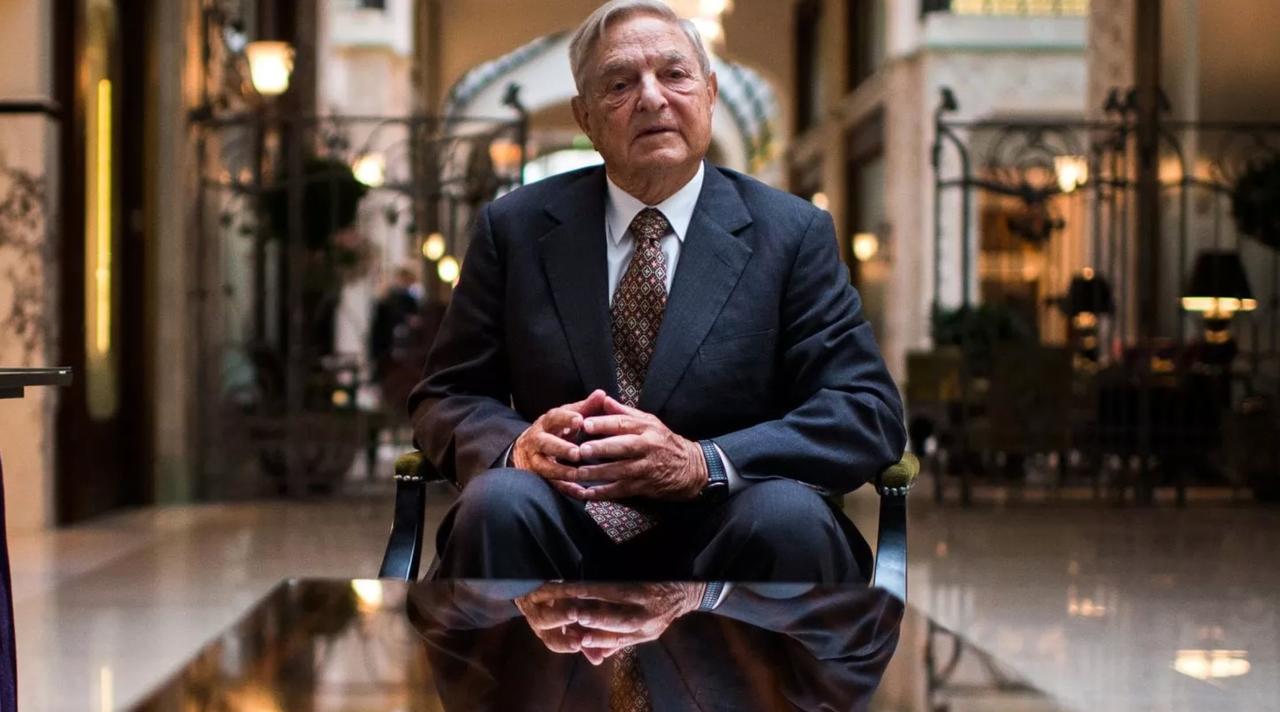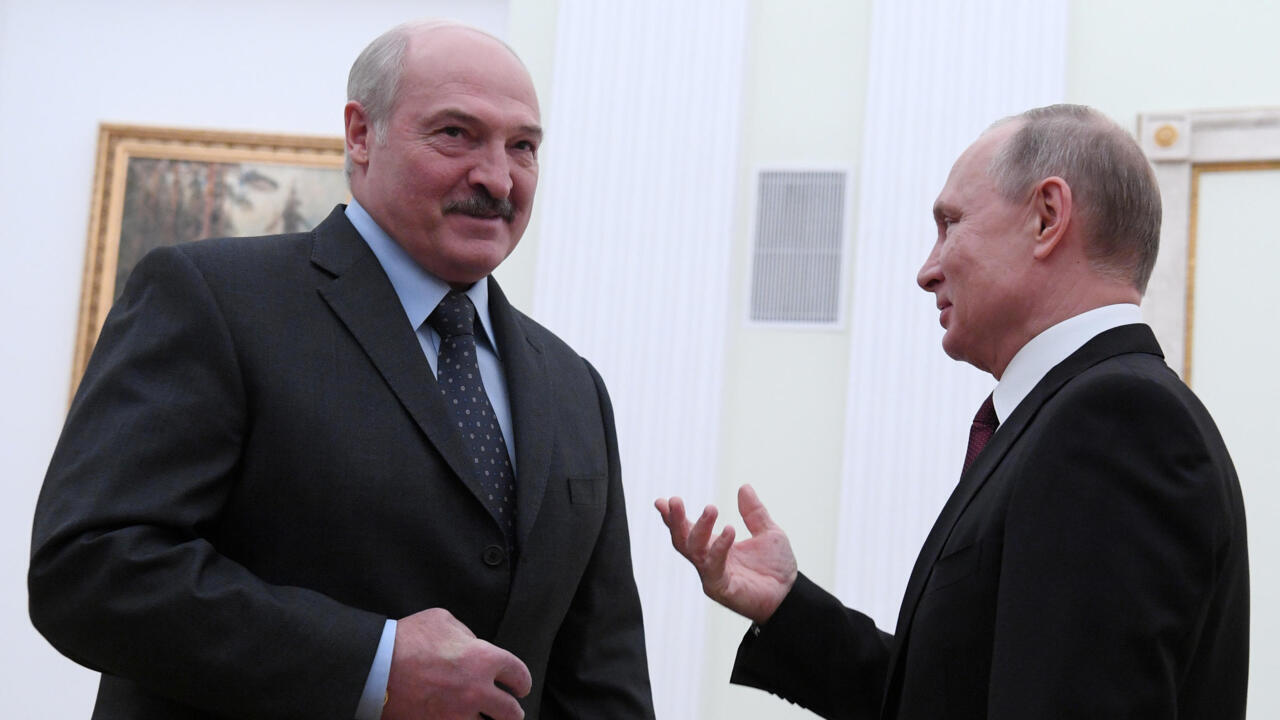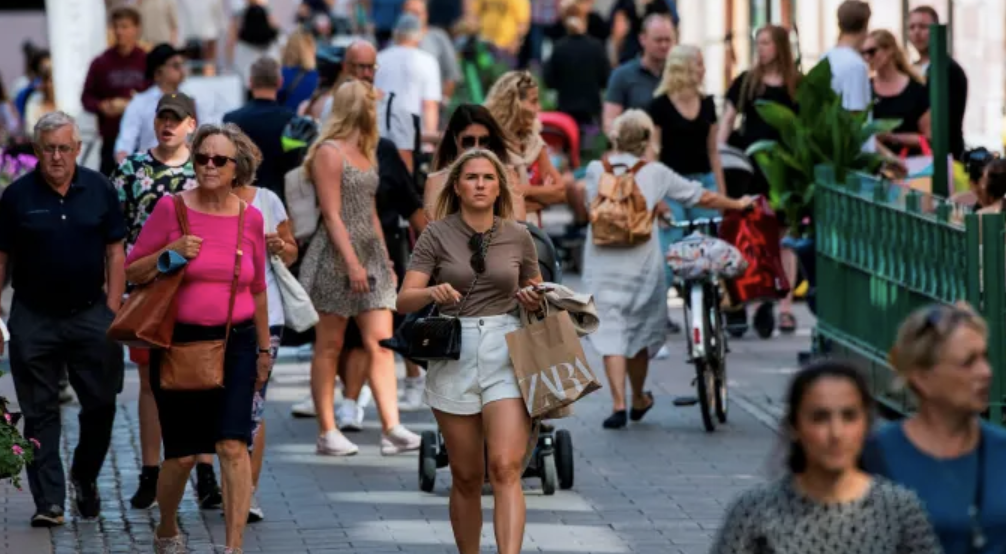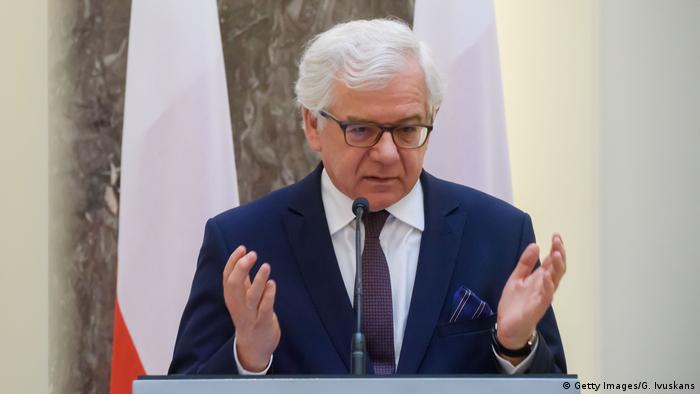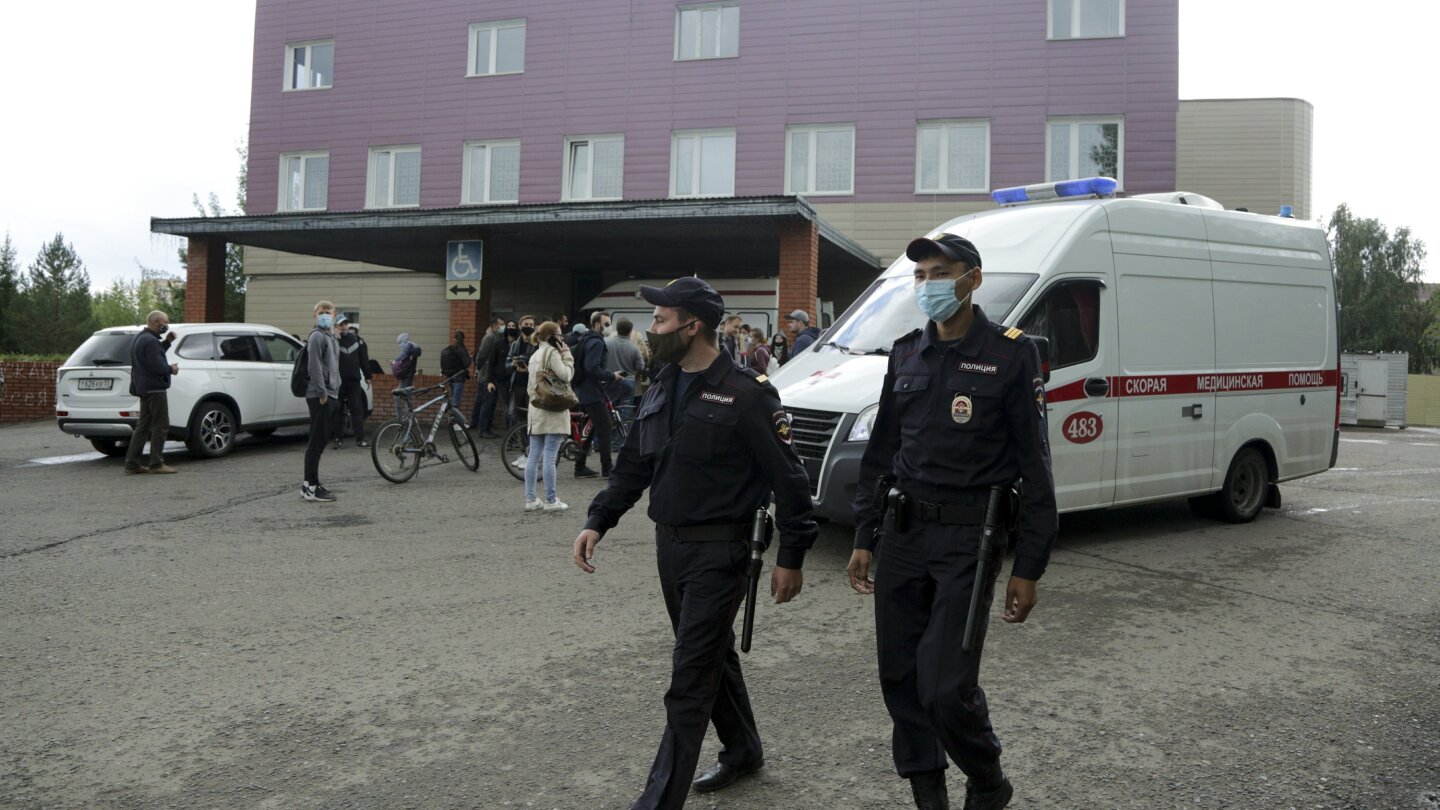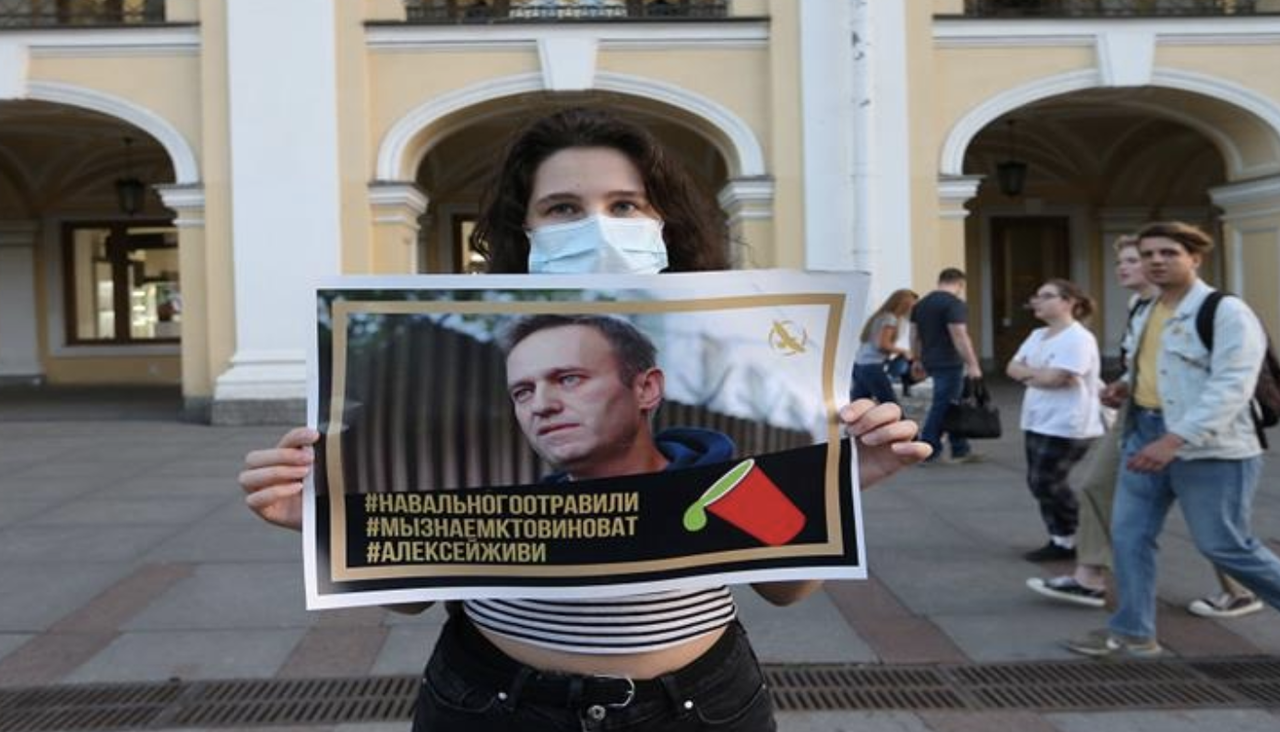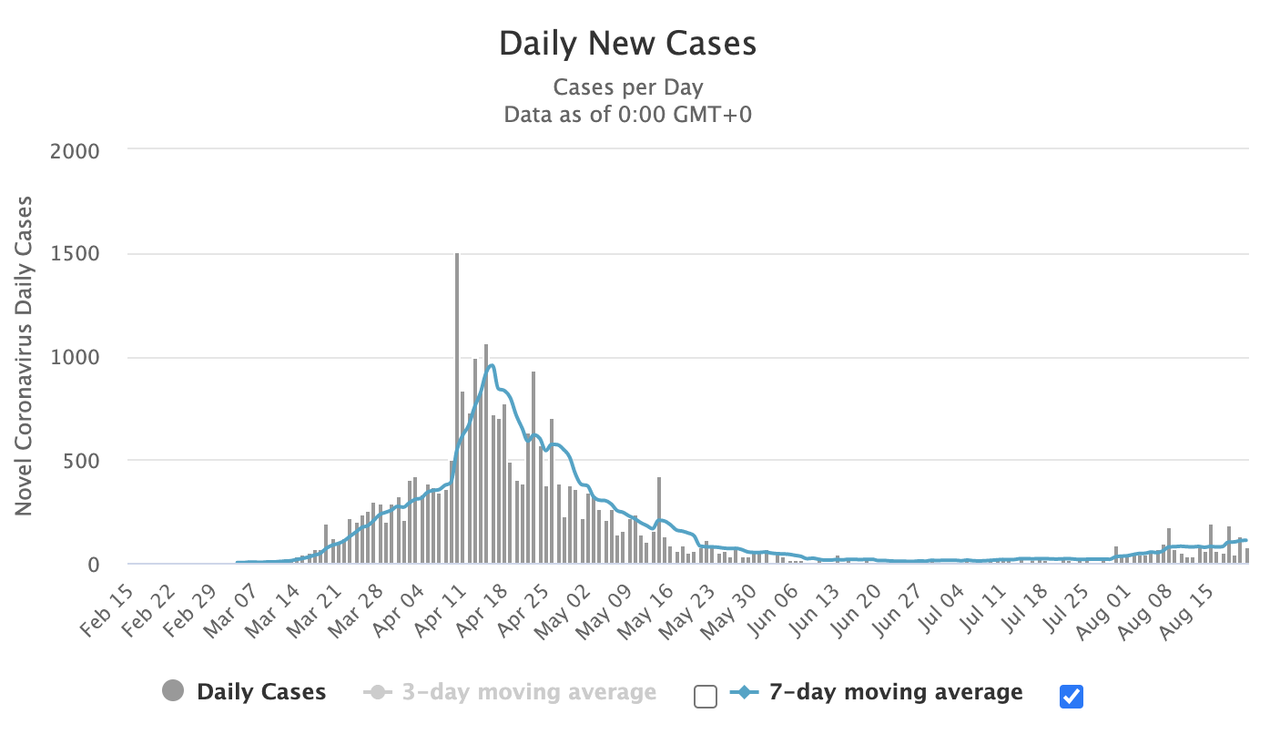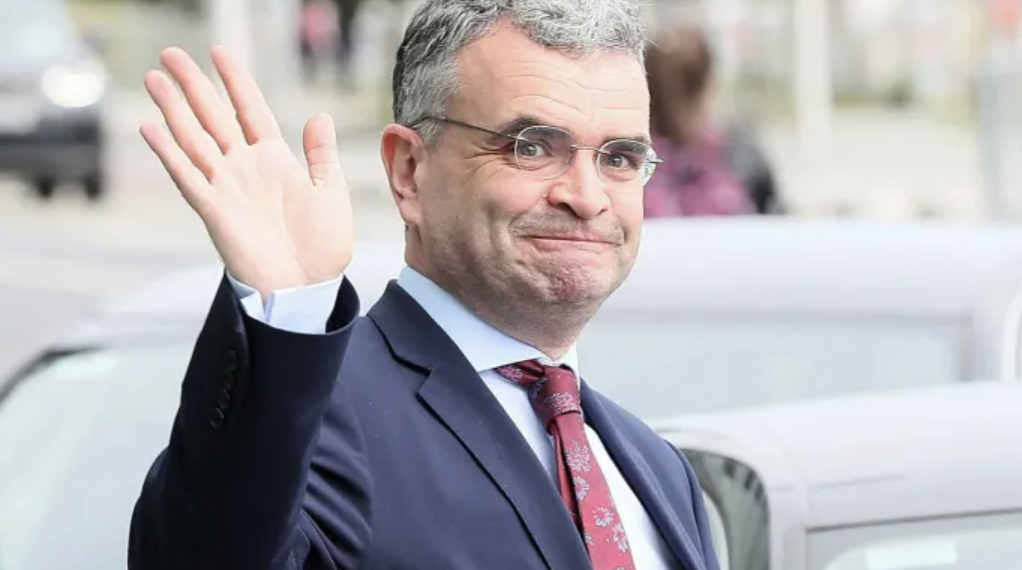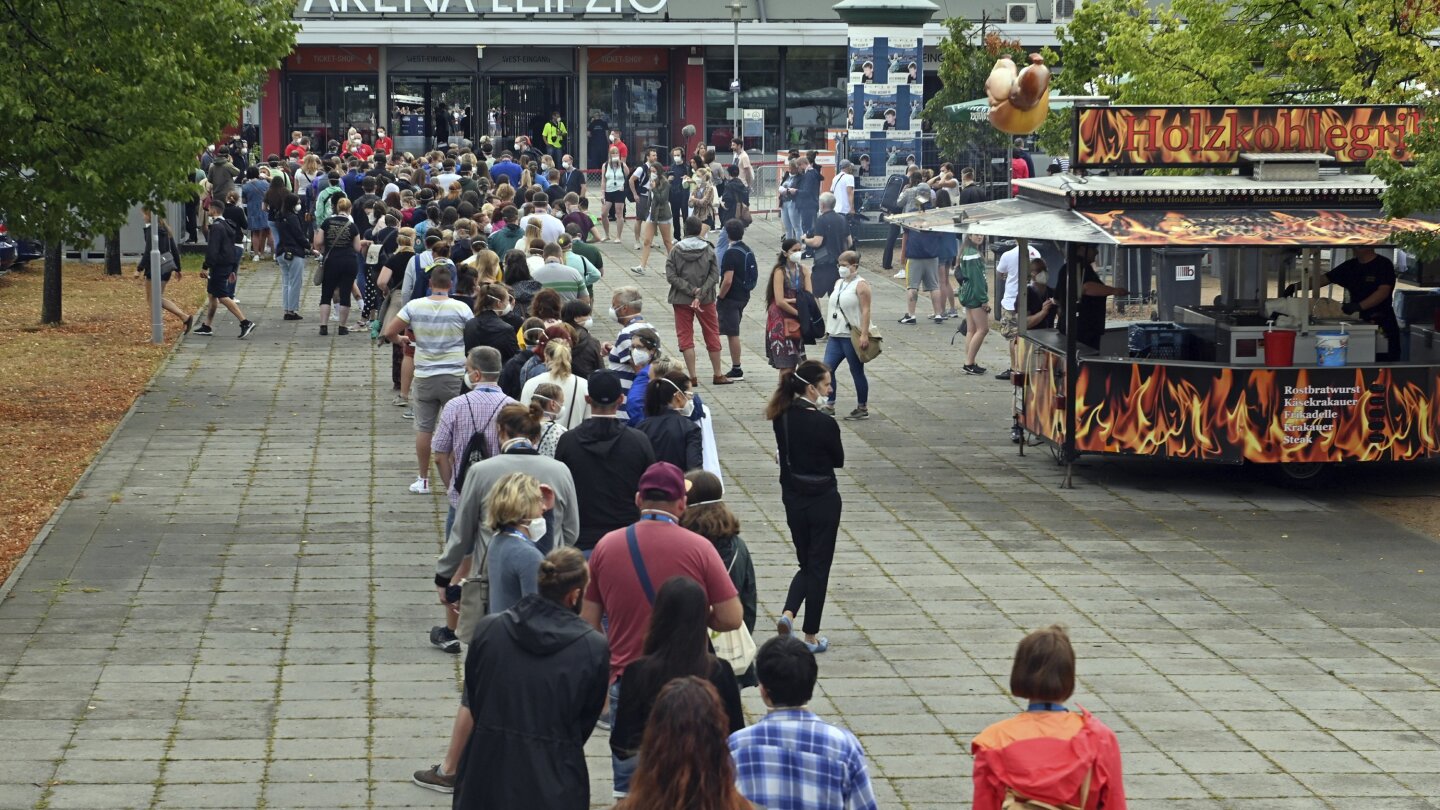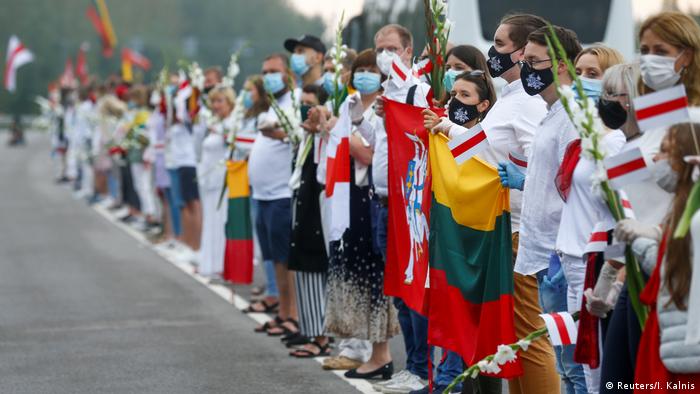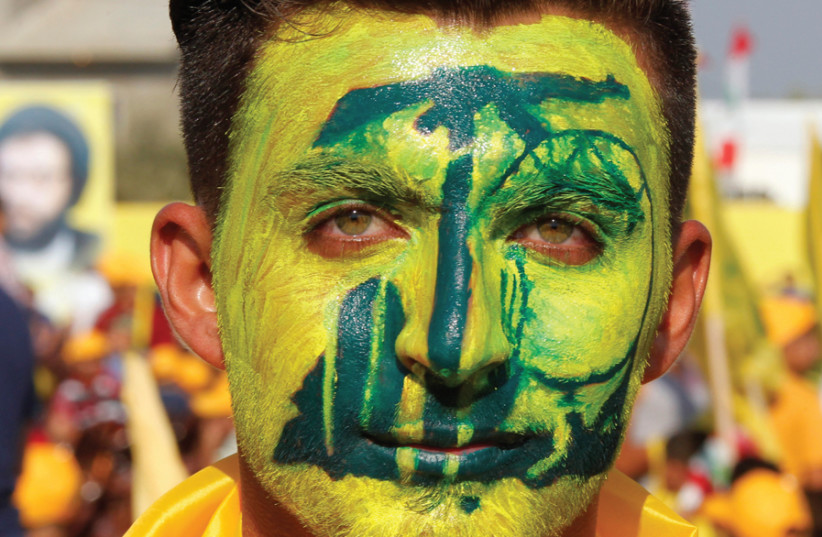Plain Jane
Just Plain Jane
Here is July's thread:
 www.timebomb2000.com
www.timebomb2000.com
Regional Conflict in the Mediterranean thread beginning page 35:
 www.timebomb2000.com
www.timebomb2000.com
Main Coronavirus Thread beginning page 1302 :
 www.timebomb2000.com
www.timebomb2000.com
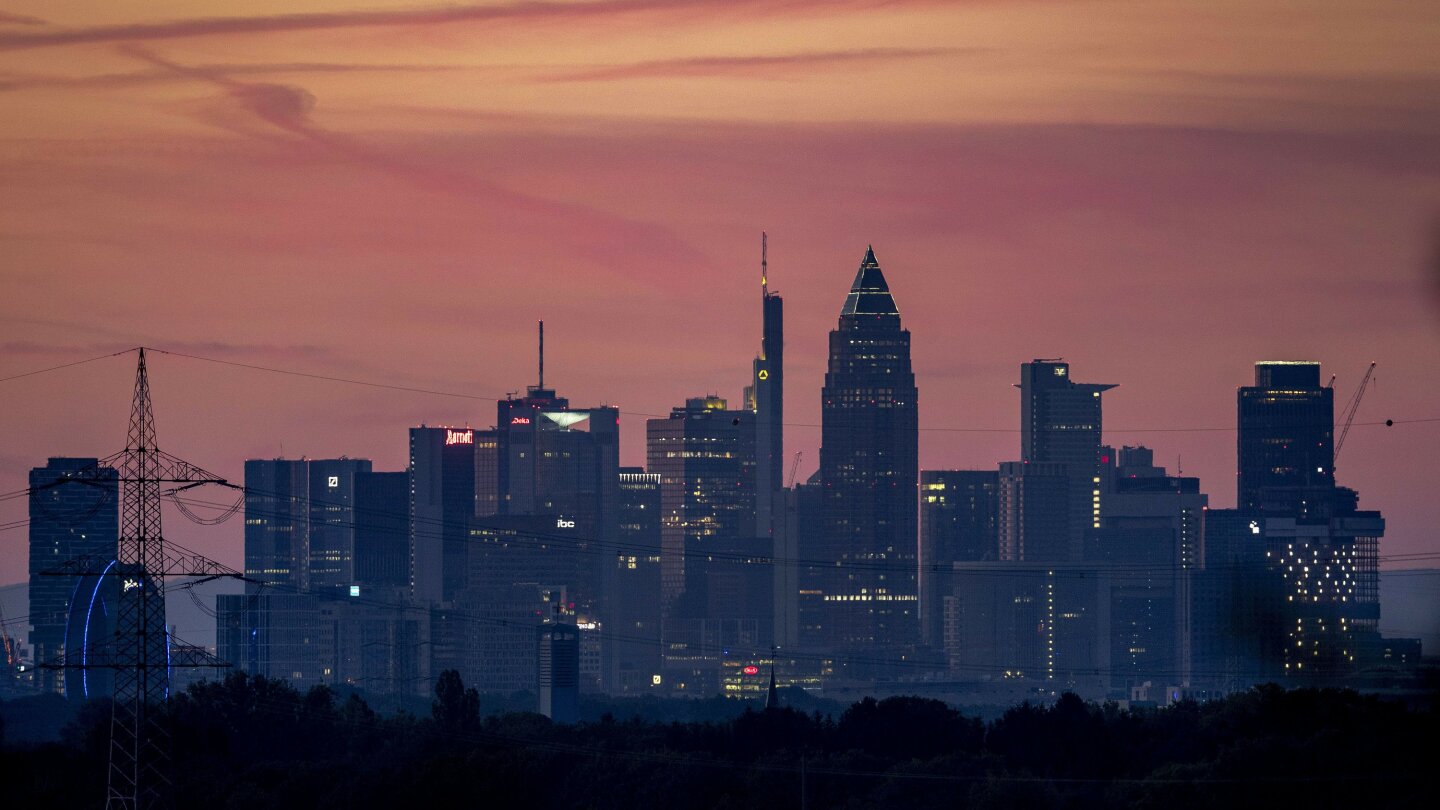
 apnews.com
apnews.com
Click to copy
German economy plunged 10% during 2nd quarter amid pandemic
By DAVID McHUGHJuly 30, 2020

The buildings of the banking district are seen in Frankfurt, Germany, Thursday, July 30, 2020. The Federal Statistical Office will release 2nd-quarter German GDP (gross domestic product) figures on Thursday. (AP Photo/Michael Probst)
FRANKFURT, Germany (AP) — Germany’s economy, Europe’s largest, took a massive hit during the pandemic shutdowns, shrinking by 10.1% percent during the April-June period from the previous quarter as exports and business investment collapsed.
It was the biggest drop since quarterly growth figures began being compiled in 1970, the official statistics agency said Thursday. The plunge far exceeded the previous worst-ever recorded performance, a fall of 4.7% in the first quarter of 2009 during the global financial crisis.
Tough pandemic restrictions shut down everything from taverns to auto dealerships. The country has cautiously reopened and the economy has started bouncing back but economists say it is far from the pre-pandemic level and won’t reach break even until 2022 at the earliest.
Economist Carsten Brzeski at the bank ING Germany said the recovery would be “a long ride.”
“This picture shows the deepest but also the shortest recession ever,” Brzeski said. “All monthly indicators since May have already pointed to a strong rebound of economic activity in the course of what has been the worst quarterly performance ever.”
The government has enacted a multibillion-euro stimulus package of emergency loans, credit guarantees and tax breaks to cushion the impact. The German data release comes ahead of expected figures for Italy, France and the 19-country eurozone as a whole on Friday. Those numbers are likewise expected to be dismal, although they are backward-looking and don’t account for the rebound in activity after many of the toughest restrictions were lifted.
So far, government programs to help keep workers on payrolls across the currency union have cushioned the impact for many families. That has kept unemployment in check, one factor that could help support the rebound. The jobless rate inched up to 7.8% in June from 7.7% in May, according to a separate report published Thursday.
State statistics agency Destatis said that exports, imports, consumer spending and investment in equipment had “massively collapsed” during the second quarter.
Economist Stephan Kooths at the Institute for the World Economy in Kiel, Germany, said that consumer spending suffered not because of a lack of purchasing power but simply because the coronavirus measures reduced the chance to spend - to the tune of 130 billion euros.
INTL - Europe: Politics, Economics, and Military- July 2020
June's thread: https://www.timebomb2000.com/xf/index.php?threads/europe-politics-economics-military-june-2020.575289/ Regional Conflict in Mediterranean beginning page 27: https://www.timebomb2000.com/xf/index.php?threads/regional-conflict-brewing-in-the-mediterranean.565195/page-27 Main...
Regional Conflict in the Mediterranean thread beginning page 35:
WAR - Regional conflict brewing in the Mediterranean
Amir Tsarfati @BeholdIsrael 15m The Turkish parliament has approved a law that will allow stricter monitoring of social media content. Critics fear the new legislation is a further step toward silencing dissent in the country.
Main Coronavirus Thread beginning page 1302 :
CORONA - Main Coronavirus thread
View: https://www.youtube.com/watch?v=BNH6vW2Yaf8 27:24 min 127 - Dr. Ruth Karron Answers Your COVID-19 Vaccine Questions •Jul 31, 2020 Johns Hopkins Bloomberg School of Public Health How close are we to a vaccine? What do efficacy trials actually entail? What are the challenges to...

German economy plunged 10% during 2nd quarter amid pandemic
FRANKFURT, Germany (AP) — Germany’s economy, Europe's largest, took a massive hit during the pandemic shutdowns, shrinking by 10.1% percent during the April-June period from the previous quarter as exports and business investment collapsed.
Click to copy
German economy plunged 10% during 2nd quarter amid pandemic
By DAVID McHUGHJuly 30, 2020

The buildings of the banking district are seen in Frankfurt, Germany, Thursday, July 30, 2020. The Federal Statistical Office will release 2nd-quarter German GDP (gross domestic product) figures on Thursday. (AP Photo/Michael Probst)
FRANKFURT, Germany (AP) — Germany’s economy, Europe’s largest, took a massive hit during the pandemic shutdowns, shrinking by 10.1% percent during the April-June period from the previous quarter as exports and business investment collapsed.
It was the biggest drop since quarterly growth figures began being compiled in 1970, the official statistics agency said Thursday. The plunge far exceeded the previous worst-ever recorded performance, a fall of 4.7% in the first quarter of 2009 during the global financial crisis.
Tough pandemic restrictions shut down everything from taverns to auto dealerships. The country has cautiously reopened and the economy has started bouncing back but economists say it is far from the pre-pandemic level and won’t reach break even until 2022 at the earliest.
Economist Carsten Brzeski at the bank ING Germany said the recovery would be “a long ride.”
“This picture shows the deepest but also the shortest recession ever,” Brzeski said. “All monthly indicators since May have already pointed to a strong rebound of economic activity in the course of what has been the worst quarterly performance ever.”
The government has enacted a multibillion-euro stimulus package of emergency loans, credit guarantees and tax breaks to cushion the impact. The German data release comes ahead of expected figures for Italy, France and the 19-country eurozone as a whole on Friday. Those numbers are likewise expected to be dismal, although they are backward-looking and don’t account for the rebound in activity after many of the toughest restrictions were lifted.
So far, government programs to help keep workers on payrolls across the currency union have cushioned the impact for many families. That has kept unemployment in check, one factor that could help support the rebound. The jobless rate inched up to 7.8% in June from 7.7% in May, according to a separate report published Thursday.
State statistics agency Destatis said that exports, imports, consumer spending and investment in equipment had “massively collapsed” during the second quarter.
Economist Stephan Kooths at the Institute for the World Economy in Kiel, Germany, said that consumer spending suffered not because of a lack of purchasing power but simply because the coronavirus measures reduced the chance to spend - to the tune of 130 billion euros.





